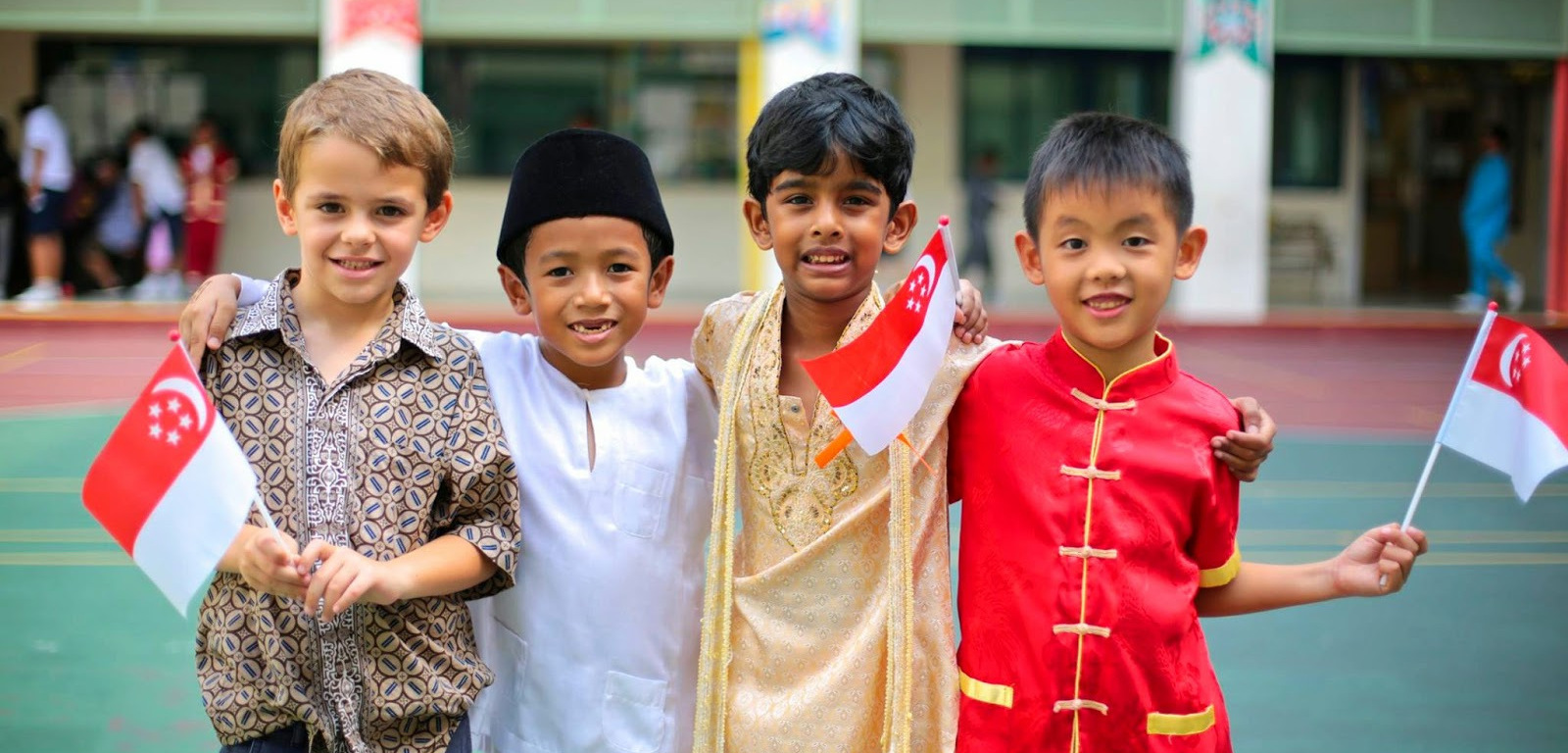There was more to Monday's Parliament sitting than the issue of our Terrexes in Hong Kong.
Amendments were tabled to update the conditions governing our future presidential elections.
Last November, Parliament had introduced a hiatus-triggered mechanism to our Elected Presidency to ensure that we will have a President from a minority community, if a minority race has not been represented in the office for five consecutive terms.
Based on this mechanism, the next presidential election due in August 2017, will be reserved for Malay candidates.
In a multi-racial society, how do we determine a potential candidate's ethnicity? Answer: By forming committees.
The updates tabled yesterday saw the proposal to create a Community Committee to assess the ethnicity of all prospective presidential candidates.
Other updates proposed include giving more time for prospective candidates to submit their application papers, and for their applications to be assessed.
Here's how the proposed Community Committee will work:
1) Community Committee will have 16 members:
The Community Committee will have 16 members, comprising a chairman and three sub-committees. Each sub-committee will be assessing whether a candidate's declared ethnicity is valid, therefore the composition of the sub-committees are as follows:
- Five Chinese
- Five Malay
- Five people comprising Indians and others.
All these folks will be nominated by the Presidential Council for Minority Rights, and then the Prime Minister appoints them to these positions.
2) If you want to stand as a presidential candidate, you'll have to declare your ethnicity.
As a presidential hopeful, you will need to submit a declaration of your ethnicity, in addition to your application for a certificate of eligibility.
To assess your ethnicity, the Community Committee will discuss and certify that you are indeed of your declared ethnicity.
For instance, if the election is reserved for Malay candidates, and you are, say, a Malay-Chinese, you would want to make the case for belonging to the Malay community. The Committee will then decide on your ethnicity based on their assessment criteria.
3) If the Community Committee decides that you are not from the community you claim to belong to, you can't stand in a reserved election.
You can, however, still stand in an open election, provided you qualify under the other eligibility criteria.
Top photo via the Singapore Policy Journal.
If you like what you read, follow us on Facebook and Twitter to get the latest updates.
If you like what you read, follow us on Facebook, Instagram, Twitter and Telegram to get the latest updates.
